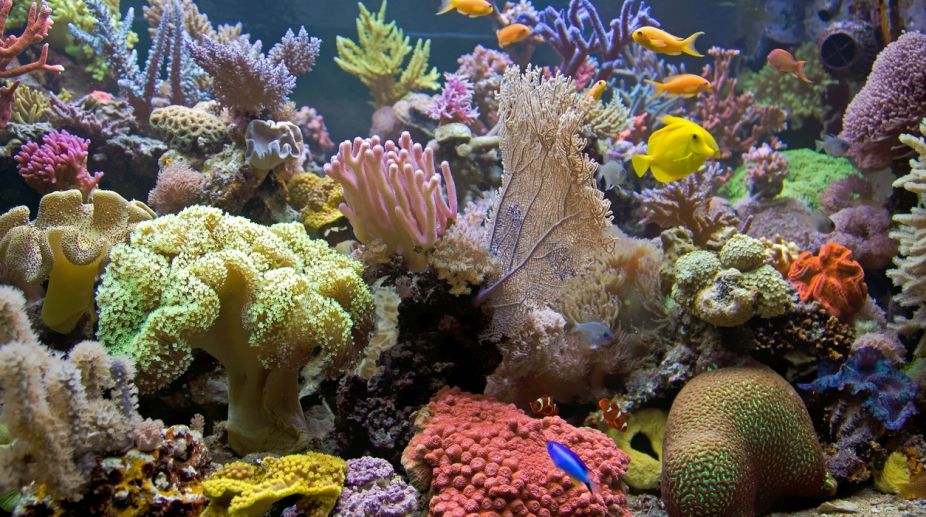UNESCO chides Australia over Great Barrier Reef proposal
The committee defended the body's proposal to label the Great Barrier Reef as “in danger” against Australian government suspicion

Representational Image (Photo: Getty Images)
Scientists have discovered the remnants of a massive undersea landslide on the Great Barrier Reef off the coast of Australia, which occurred more than 300,000 years ago, a media report said on Wednesday.
The remains of the landslide, known as the Gloria Knolls Slide and 30 times the volume of the iconic Uluru rock, are located 75 km off the coast of Innisfail, Efe news reported.
Advertisement
"This is all that remains after a massive collapse of sediment of about 32 cubic km volume (off the north coast of Queensland)," said Robin Beaman, one of the researchers on the James Cook University team who took part in the discovery.
Advertisement
The remains include large blocks, or knolls, and smaller blocks that lie scattered over an area of about 30 km and at a depth of about 1,350 metres.
"We were amazed to discover this cluster of knolls while 3D multibeam mapping the deep Great Barrier seafloor," Beaman said.
"In an area of the Queensland Trough that was supposed to be relatively flat were eight knolls, appearing like hills with some over 100 metre high and three km long," he added.
The lead author of the study, Angel Puga-Bernabeu, from the University of Granada in Spain, emphasised that the oldest fossil corals recovered off the top of the knoll were about 302,000 years old.
Experts from the University of Sydney, the University of Edinburgh and the Australian Organization for Nuclear Science and Technology also participated in the study, which was conducted on the research ship "Southern Surveyor".
Advertisement